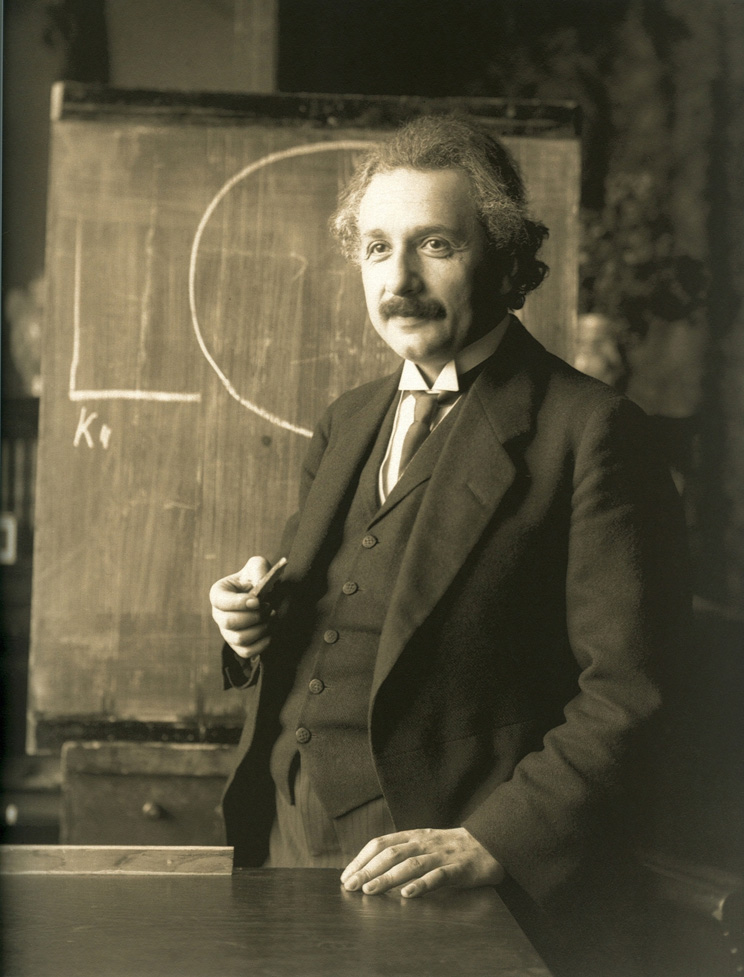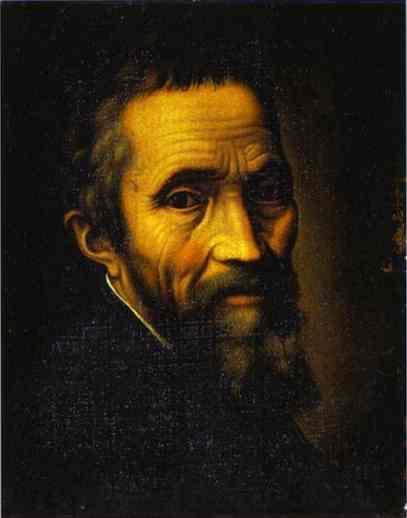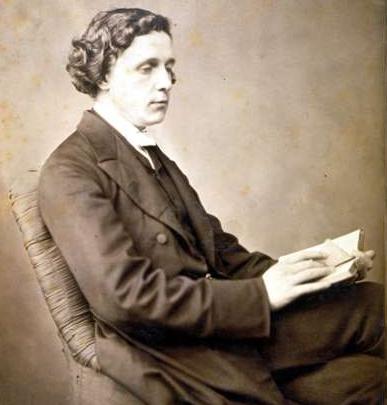
Albert Einstein is famously quoted as saying “Imagination is more important than knowledge”. Indeed, Einstein even went further when he said “Imagination is everything. It is a preview of a coming attraction”. But, then, you may ask, what do these words actually mean, especially for people who are more associated with the world of technology, business and science than that of humanities? Moreover, wasn’t Einstein a mathematician and scientist?
Traditionally in any MBA or management course, rational ‘left brain’ thinking is appreciated, and gives much professional recognition. Quite often we can hear some faculty member praising a student simply because they have excelled in numerical skills. This recognition comes from a perception of seriousness, quick calculation skills, retention ability, and conformity. On the other hand, imaginative people are placed in the world of artists and non-conformity, where they are branded as creative and day dreamers, or even as poets, with an assumption that they lack seriousness of purpose, or at best are out of place in a business school.
But is this ‘right brain’ and ‘left brain’, seen as two extremes, an oversimplification of reality? Don’t we need both?

Michelangelo is reported as saying “I saw an angel in the marble and carved it until I set him free”. What happened here was that Michelangelo used his imagination first, and then used his ‘hard’ skills to do the job of carving. It was a mixture of holistic imagery in his imagination, coupled with calculation skills, along with his ability to carve.
But is this combination of imagination and knowledge also true for people in all walks in life? Let’s take a look at the author of ‘Alice’s Adventures in Wonderland’, ‘Through the Looking Glass’, and many other well-known stories, of Charles Lutwidge Dodgson, who wrote under the pseudonym of Lewis Carroll.
Dodgson was a mathematician at Oxford University and a one-time Dean of Christ Church College. “Within the academic discipline of mathematics, Dodgson worked primarily in the fields of geometry, linear and matrix algebra, mathematical logic, and recreational mathematics, producing nearly a dozen books under his real name. Dodgson also developed new ideas in linear algebra”.

Yet he had the imagination to write some of the most popular children’s and, indeed adult’s stories in literature; stories that are read in different languages all over the world today.
Or would it be more accurate to say that Dodgson, like Einstein after him, had a vivid imagination that he used in every sphere of his life, whether he was working on mathematical logic or writing an imaginative story for his colleagues’ children? Is it not true that a balanced intelligence of artistic and numerical skills is what makes the difference in the world of business?
Perhaps we should allow the artist in us to emerge, and give our imaginations some rein in our lives. Perhaps we should begin by expressing ourselves on paper or canvas or in the world of music. Indeed, Einstein’s quotation that “Imagination is more important than knowledge” could be better interpreted as knowledge without the use of some imagination will confine us to the joyless world of the mundane .


I love commenting on articles and i use to comment regularly. This article will help me to comment in a proper way, thanks for sharing
AC Repair Plantation FL